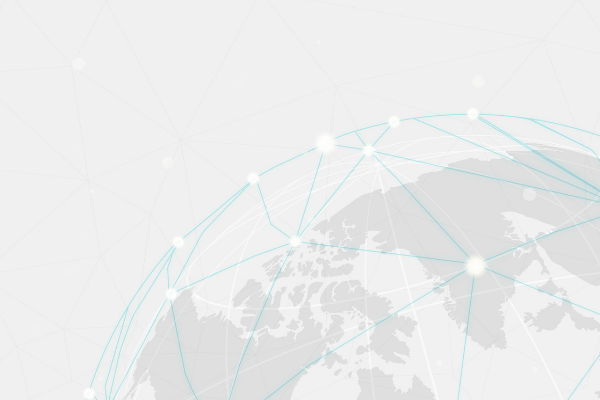Market Update: The Impact Of Inflation And Geopolitical Conflict On The Markets

Stock and bond returns have been under pressure since the end of 2021 as increasing prices indicated that the inflation rate was the highest it has been in 40 years. This usually means that the Federal Reserve will try to slow the economy down. They have a couple of tools to facilitate that, with the main one being adjusting the interest rate they charge banks for their overnight deposits. Once the Fed adjusts that rate, banks adjust their rates, and if that adjustment is going up, that means it will be more expensive for companies that want to issue new debt obligations to fund their projects and equipment. If it is more expensive to conduct business, then their bottom-line profit is lower and stock prices, which reflect intrinsic company value, decline.
The other component of rising rates affects bond positions in the portfolio. If rates rise, bond prices go down. Think of it this way: if you purchased a bond for $1,000 that pays a 1% interest coupon and matures in 5 years, you will receive $10 every year ($1,000 x 1%), and when the bond matures you will receive your $1,000 back to purchase something else. If rates increase to 2% three years later, and for some reason you want to sell your bond, an investor would rather buy a new bond that pays 2% instead of buying your bond that only pays 1%. On the other hand, if you adjust your selling price to $980, then the investor may not have a preference because the difference between the price they paid ($980) is $20 less than the maturing price ($1,000) which is the same as the coupon difference for the next two years ($10 coupon x 2). Since inflation and interest rates are expected to increase, bond portfolios are generally declining in value, albeit less of a decline than stocks.
What to Expect
The news on inflation gets compounded when there is geopolitical conflict. Anytime there is military conflict, uncertainty of the future begins to impact investor markets. Sanctions and oil supply restrictions are likely to increase prices even more. When there is a high level of global uncertainty, stock market volatility is also high. That is why we are seeing such large day to day market swings, as the markets are constantly adjusting prices to what is happening inside and outside of the company, economy, and country.
Stay the Course
In times like this, we focus on what we can control – building a diversified portfolio designed to achieve client goals over the long term and rebalance the portfolio as the markets adjust the different investments. It is important to “stay the course.” Investors who jump in and out usually underperform and could sustain permanent damage by selling at the wrong time. If you are concerned, please reach out to your Petersen Hastings advisor. We are closely monitoring the markets, we know your goals, and we are here for you.
Petersen Hastings
